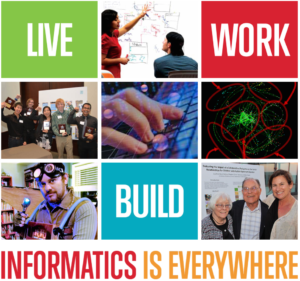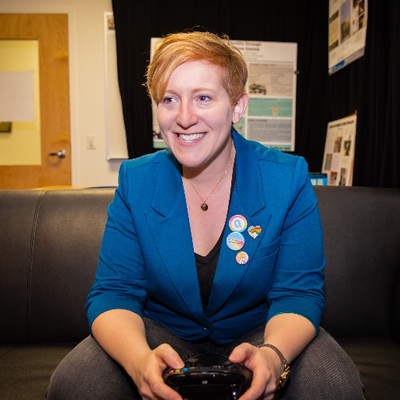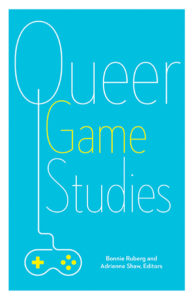 I’m thrilled to announce that Queer Game Studies, the edited volume that Adrienne Shaw have been working on for the last three and a half years, is finally out! It’s available on Amazon and through the University of Minnesota Press website. (Psst, there’s also a discount code for 30% off.)
I’m thrilled to announce that Queer Game Studies, the edited volume that Adrienne Shaw have been working on for the last three and a half years, is finally out! It’s available on Amazon and through the University of Minnesota Press website. (Psst, there’s also a discount code for 30% off.)
Queer Game Studies is a landmark anthology dedicated to exploring the intersection of LGBTQ issues and video games. The collection brings together diverse voices from across academia and industry. Contributors include:
Leigh Alexander, Gregory Bagnall, Hanna Brady, Mattie Brice, Derek Burrill, Edmond Chang, Naomi Clark, Katherine Cross, Aubrey Gabel, Christopher Goetz, Jack Halberstam, Todd Harper, Larissa Hjorth, Chelsea Howe, Jesper Juul, merritt kopas, Colleen Macklin, Amanda Phillips, Gabriela Richard, Toni Rocca, Bonnie Ruberg, Adrienne Shaw, Sara Schoemann, Kathryn Bond Stockton, Zoya Street, Peter Wonica, Robert Yang, Jordan Youngblood
Thank you to all our amazing contributors — and to you for checking out Queer Game Studies. We’re thrilled to say that the collection has been selling out at events like the Society of Cinema and Media Studies Conference, so order your copy today!

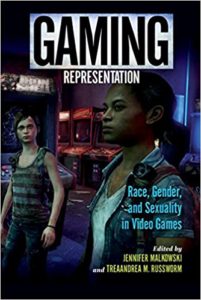 Jennifier Malkowski and TreaAndrea Russworm’s exciting new edited volume Gaming Representation: Race, Gender, and Sexuality in Video Games now has an official release date — July, 2017! — and it’s available for
Jennifier Malkowski and TreaAndrea Russworm’s exciting new edited volume Gaming Representation: Race, Gender, and Sexuality in Video Games now has an official release date — July, 2017! — and it’s available for 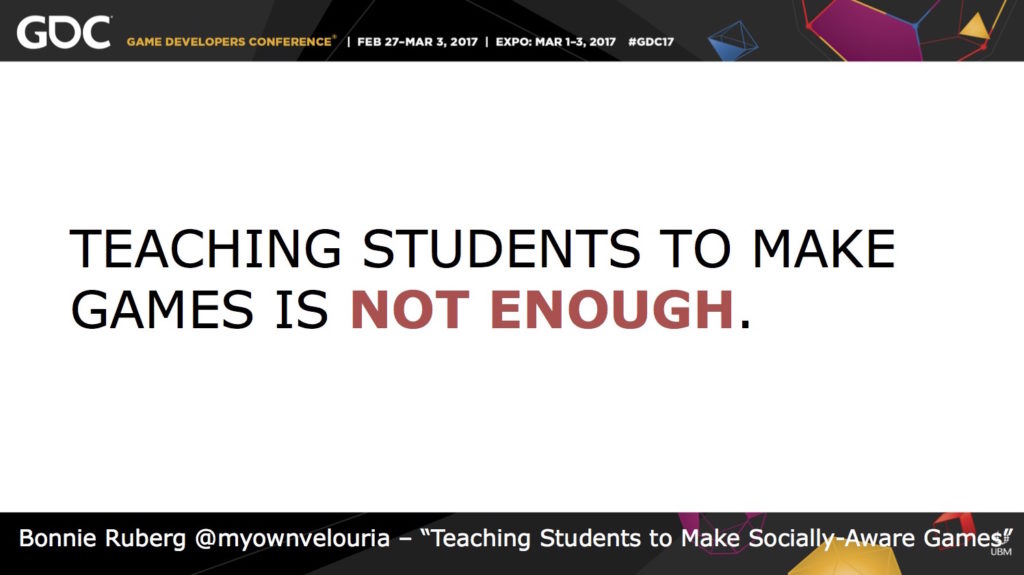
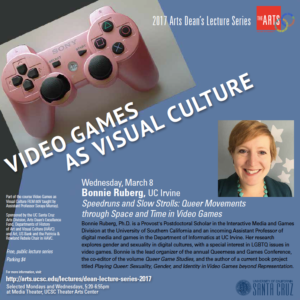 I’m honored to say that I’ve been invited to give a guest talk in the Art Dean’s Lecture series at UC Santa Cruz in a few weeks as part of Professor Soraya Murray’s class “Video Games as Visual Culture.” Santa Cruz, here I come!
I’m honored to say that I’ve been invited to give a guest talk in the Art Dean’s Lecture series at UC Santa Cruz in a few weeks as part of Professor Soraya Murray’s class “Video Games as Visual Culture.” Santa Cruz, here I come!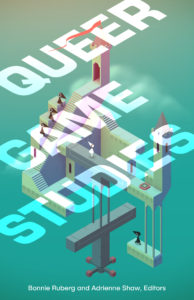
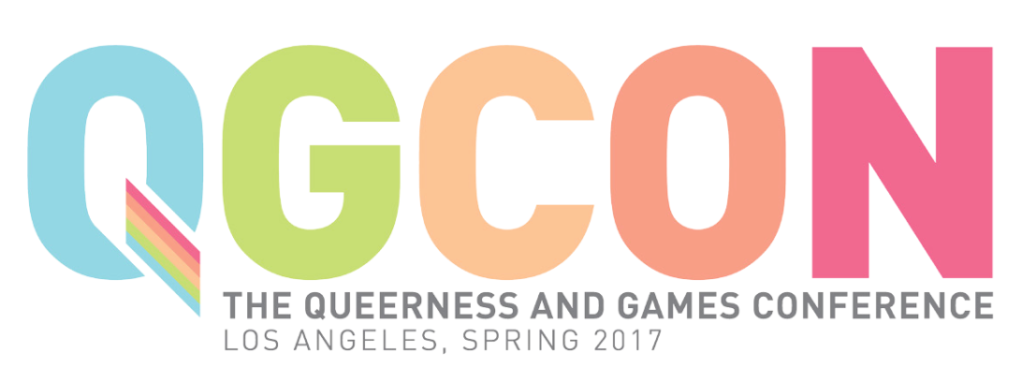 It’s hard to believe, but there are now less than three months left until the
It’s hard to believe, but there are now less than three months left until the 
